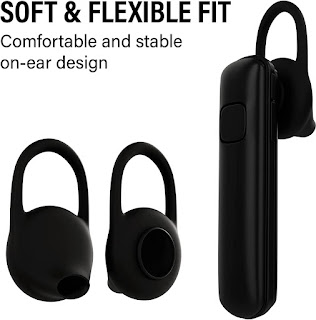Small Talk Tip - Use the Word "Because" in Order to Get People to Comply to Your Wishes
The "Because" Request
Here's an awkward situation that helps demonstrate a key element of human behavior:
A few years ago, I had lunch with some friends at a micro-brewery near the beach. After receiving our entrees, my friend Joel asked me, "Steve, do you mind if I have a taste of your sandwich?"
I thought about that request for a while and then replied, "Actually, I do mind. Why don't you just eat your own food and I'll eat mine. You can order this sandwich for yourself the next time we're here, okay?"
Joel was really offended that I didn't comply with his request. But I didn't feel like he gave my any real reason to abide and didn't want to share my delicious sandwich with anyone. And besides, guys don't usually share!
Here's the point that this little sandwich episode illustrates:
A well-known principle of human behavior says that if you ask someone to do a favor you will have more success by providing a reason. Harvard social psychologist Ellen Langer (1978) conducted an experiment based on this principle and uncovered the unique power of the word "because."
What Langer did was ask a small favor of people waiting in line to use a copy machine at the library. As part of her three part study, she asked the first group of people, "Excuse me, I have five pages. May I use the copy machine because I am in a rush?" Her results were 94% compliance. When Langer asked another group of people the following question without a reason, she only received 60% compliance, "Excuse me, I have five pages. May I use the copy machine?"
But the real magic of her study was when she made a third request for a favor using the word "because" and then adding nothing new, but merely restating the obvious by saying, "Excuse me, I have five pages. May I use the copy machine because I have to make copies?" With this third request, she surprisingly received 93% compliance.
Her conclusion was that the single word "because" triggers an automatic compliance response in people. It satisfies the basic human need for reasons even when the word "because" is not followed by a real reason or new information.
While this study did not claim to control 100% of how human beings react to the lone trigger word "because," it is still remarkable how often it actually does work all by itself.
The Bottom Line
When making small requests or favors of another person, make sure that you begin in a polite or friendly way, use the trigger word "because," and follow it up with a real reason of universal value in order to get them to comply.

Comments
Post a Comment